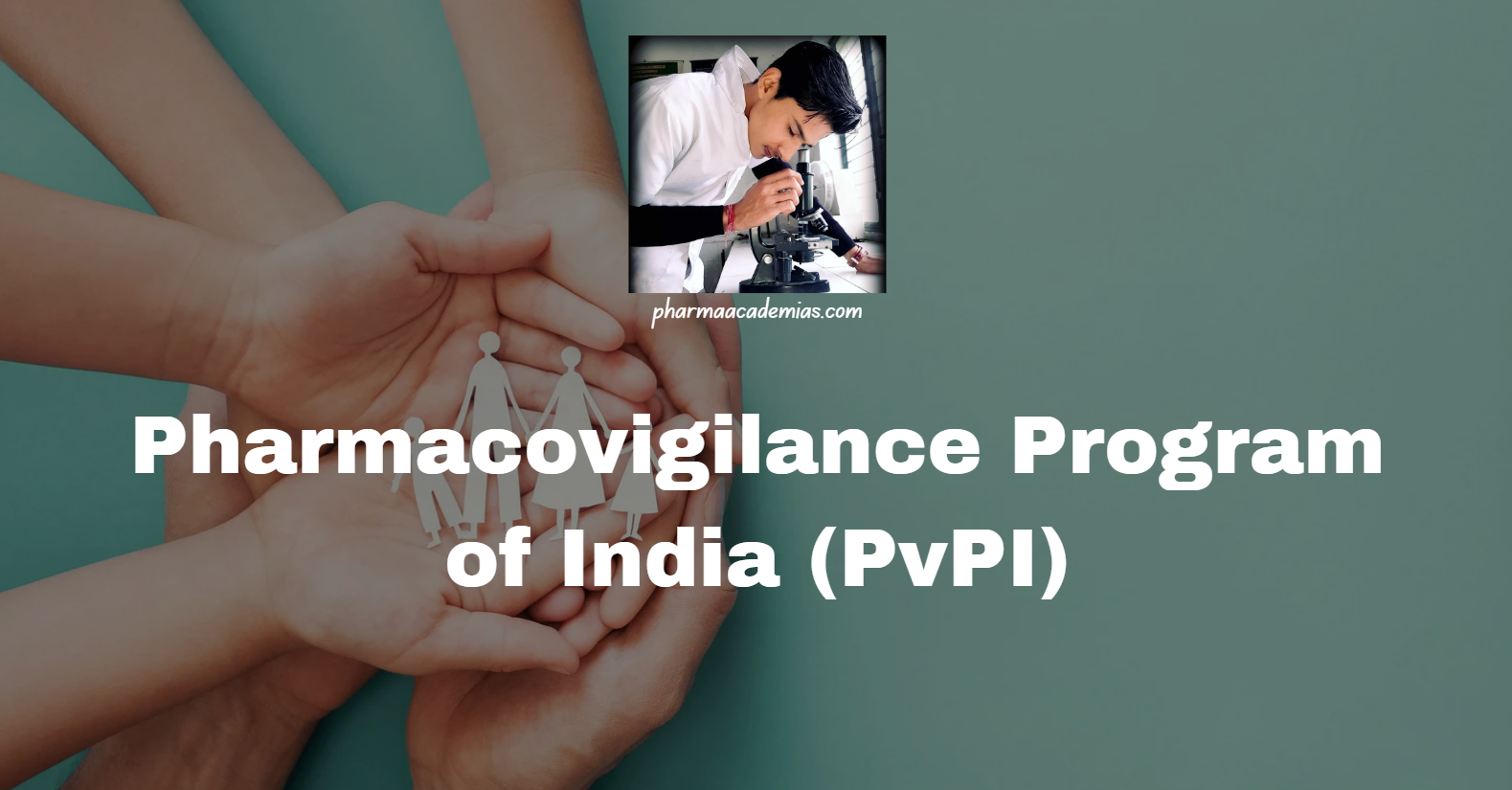Basic Terminologies in Pharmacovigilance
Basic Terminologies in Pharmacovigilance: Pharmacovigilance (PV) is the science and activities related to the detection, assessment, understanding, and prevention of adverse effects or any other drug-related problems. Effective pharmacovigilance relies on a well-understood terminology that ensures clarity and accuracy in communication. 1. Basic Terminologies in Pharmacovigilance 1. Pharmacovigilance (PV): Defined by the WHO as “the … Read more










